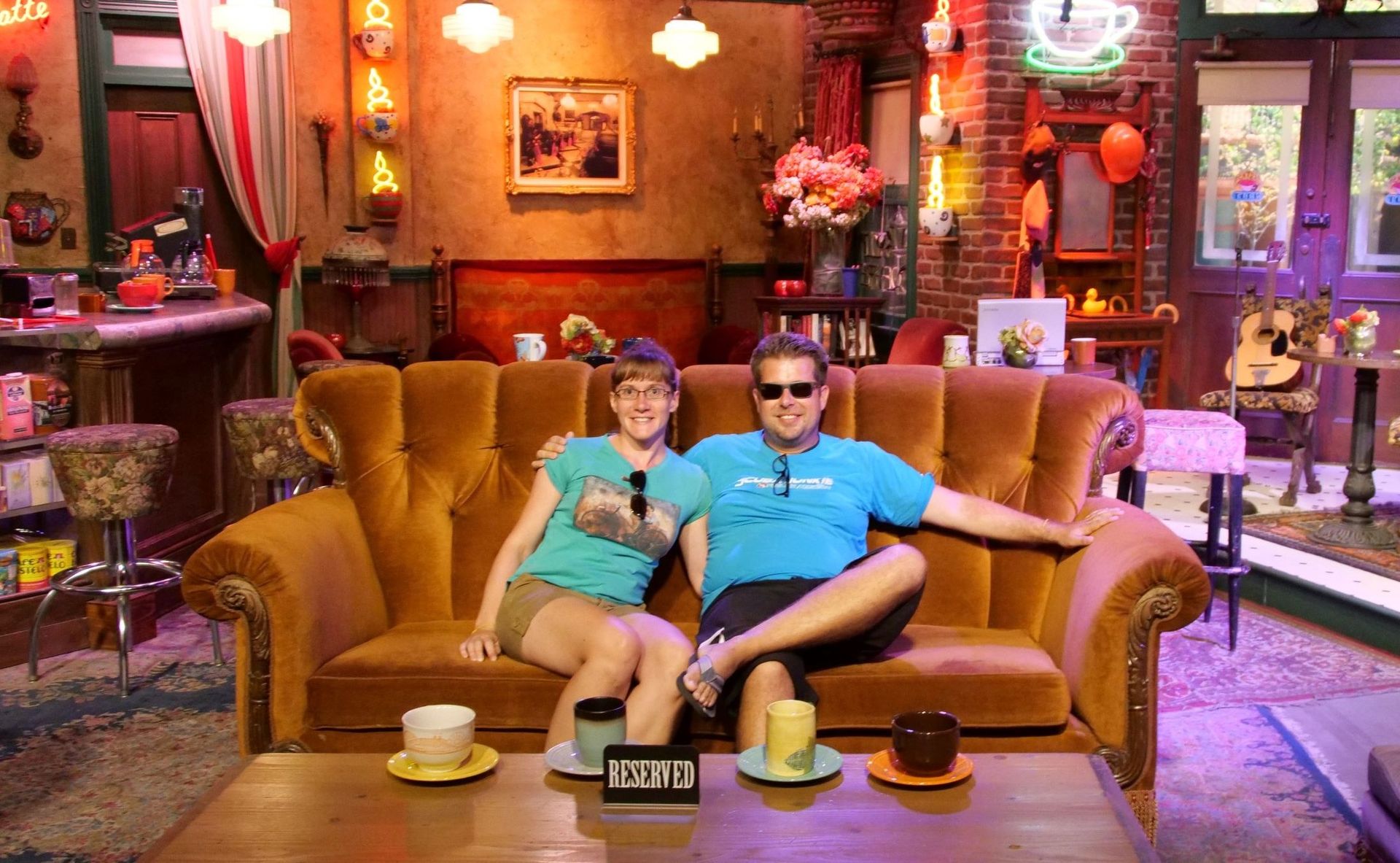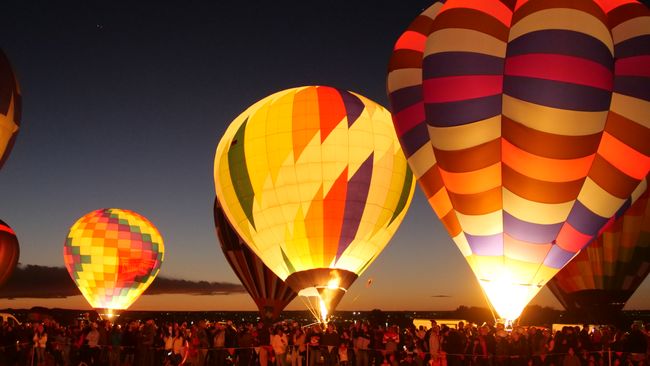02/09/2019 to 05/09/2019 - Upolu / Samoa
ተሓቲሙ: 12.09.2019
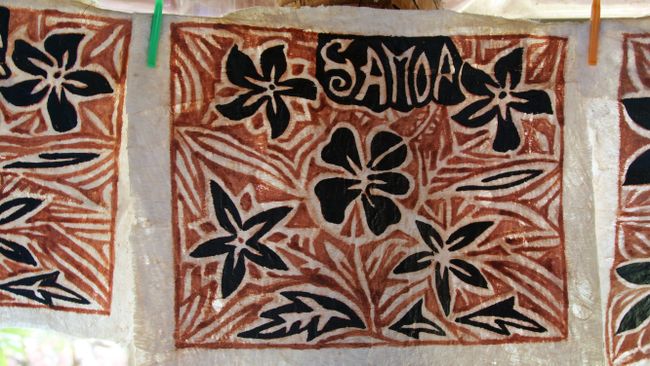
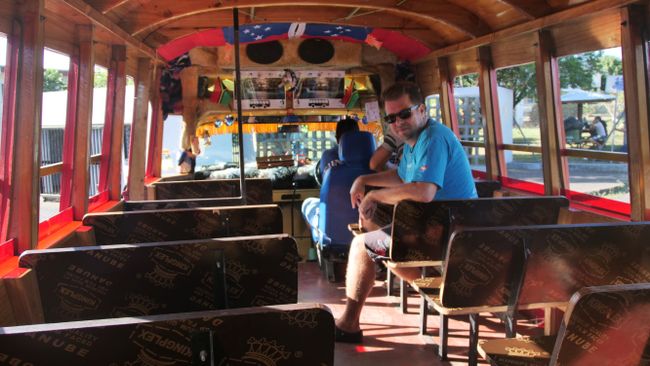
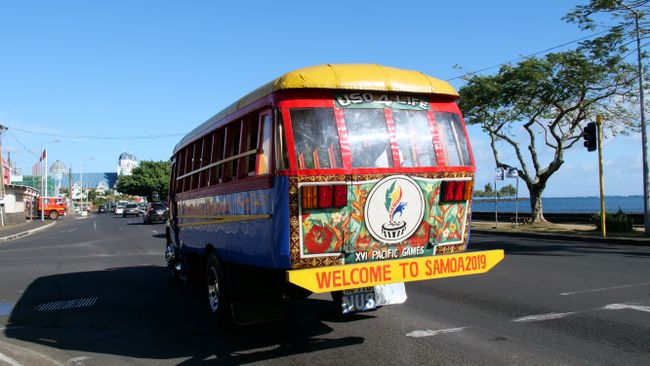
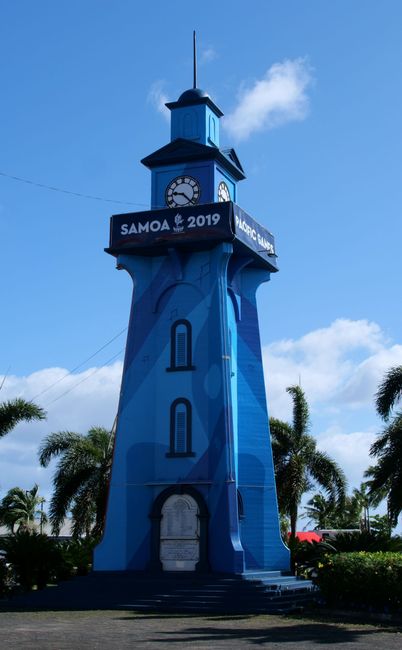
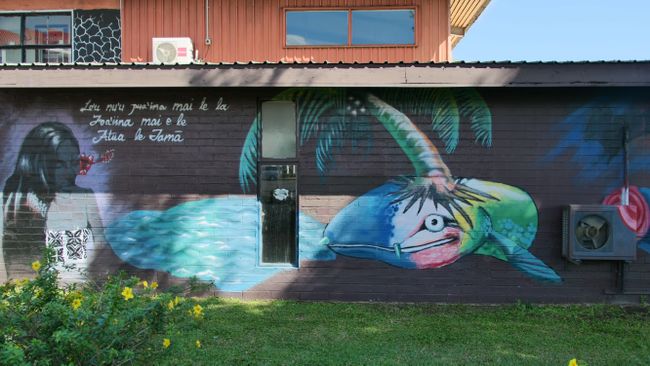
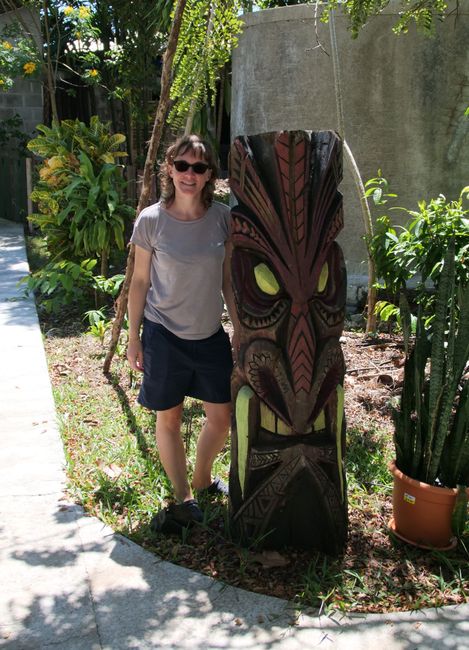
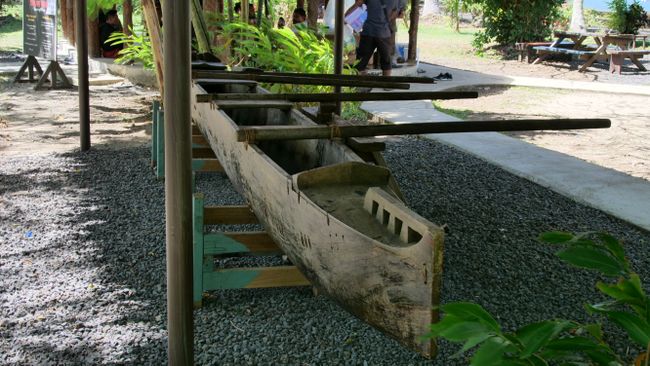
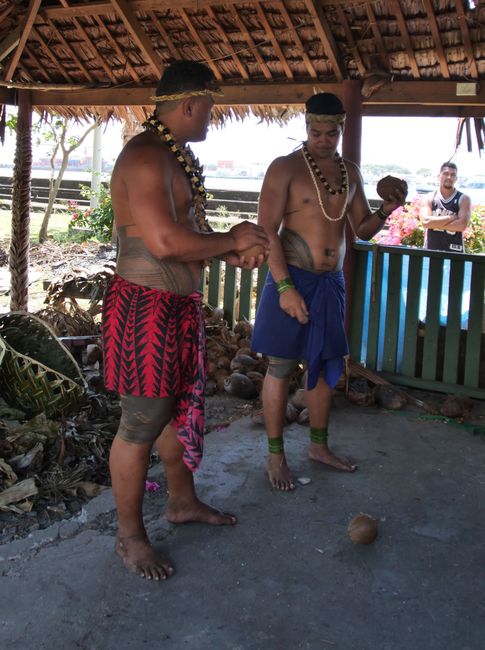
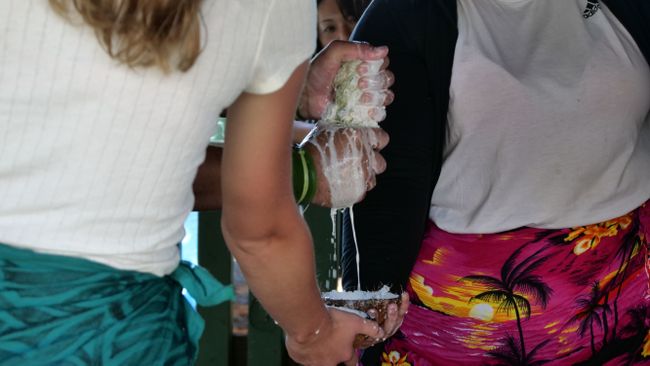
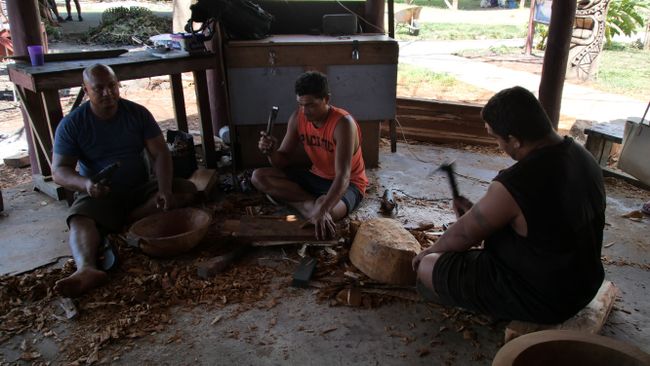
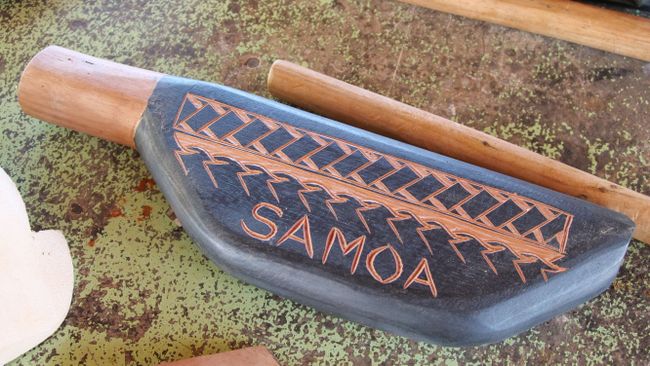
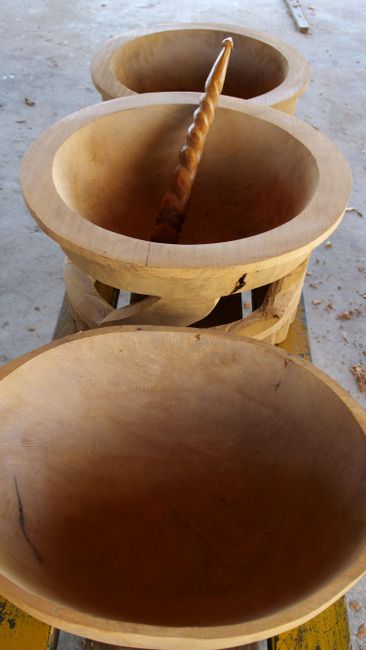
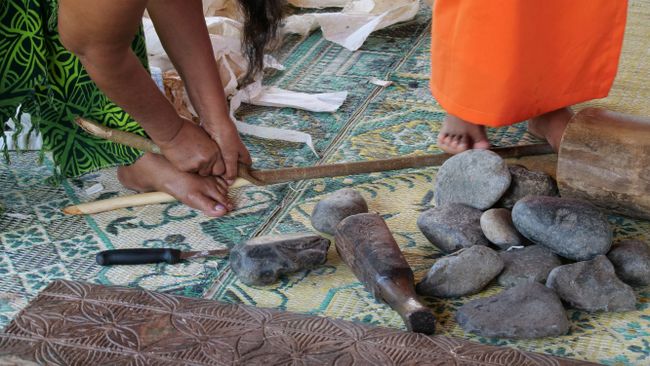
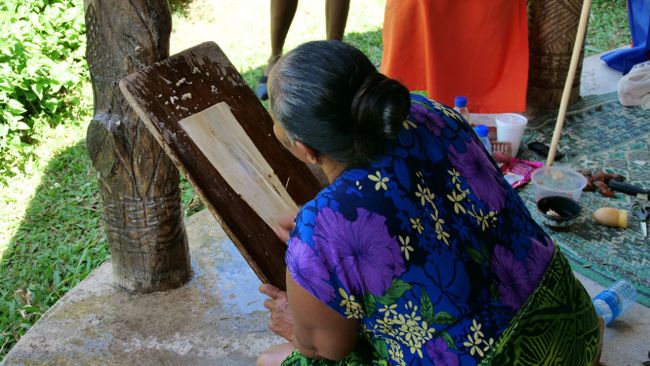
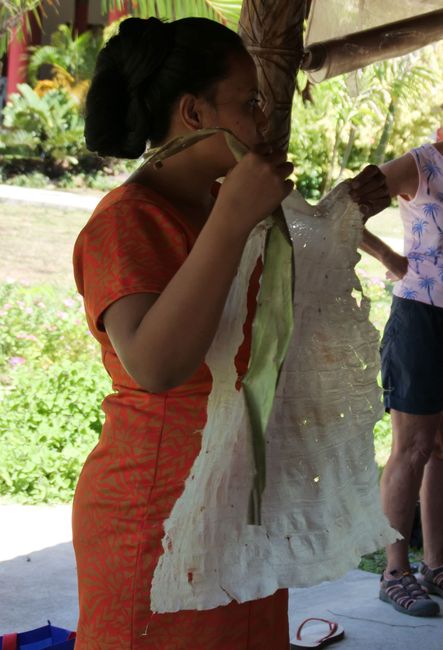
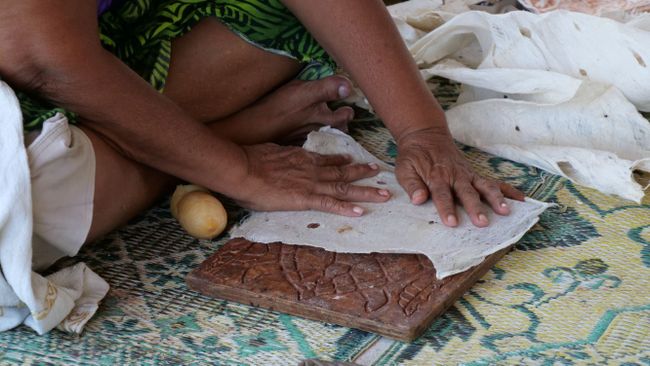
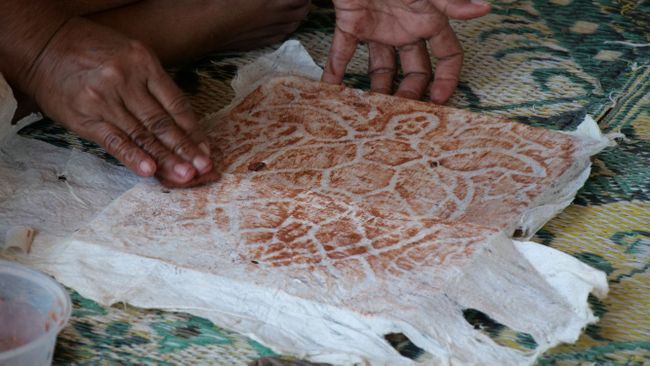
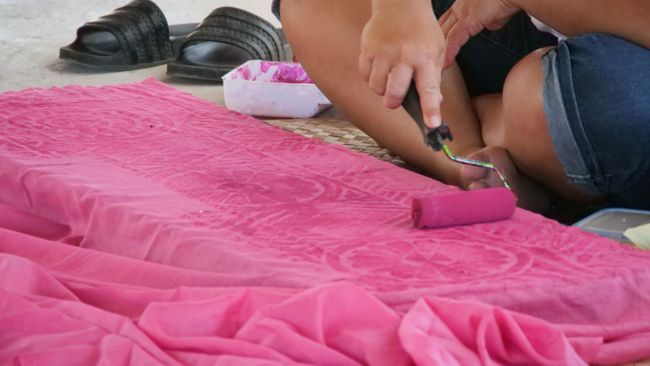
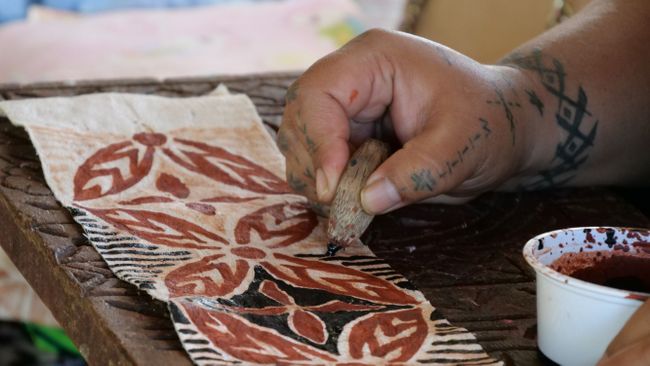
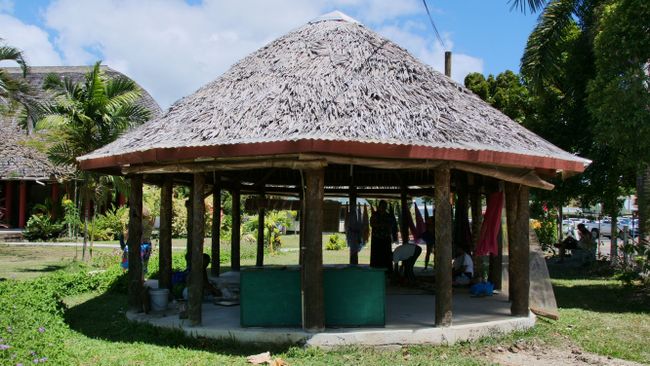
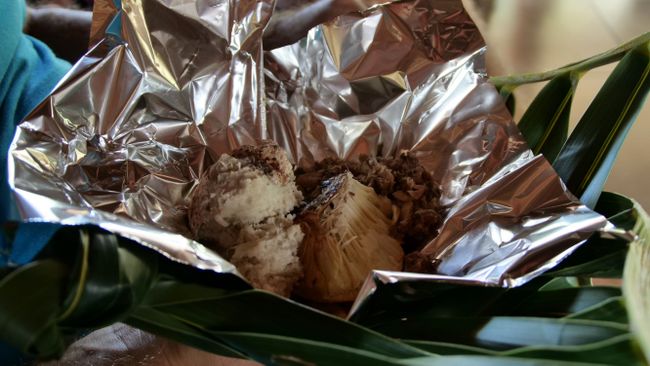
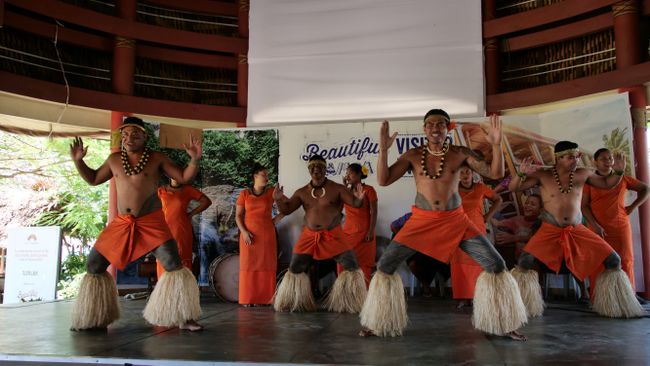
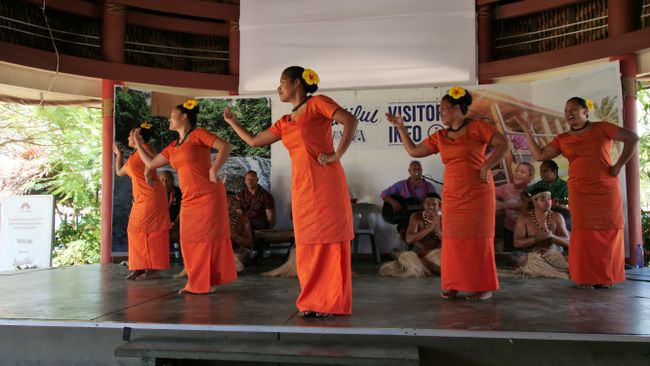
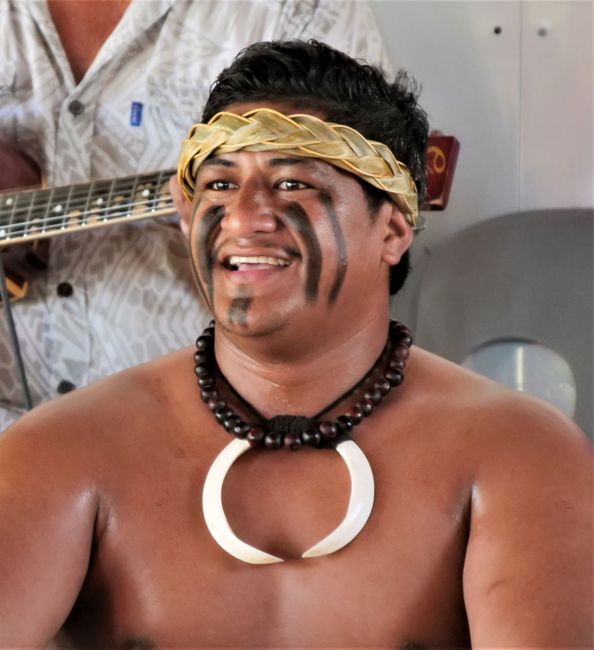
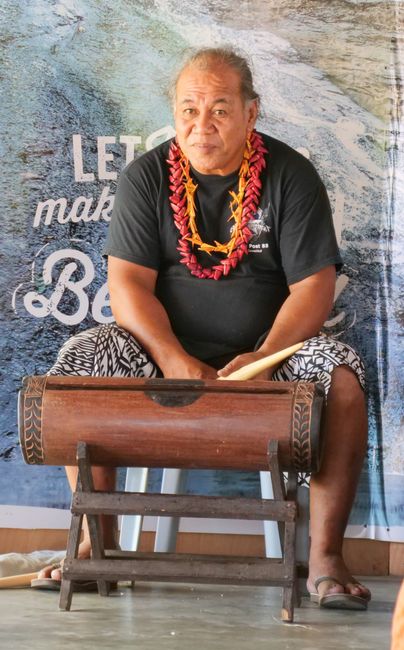
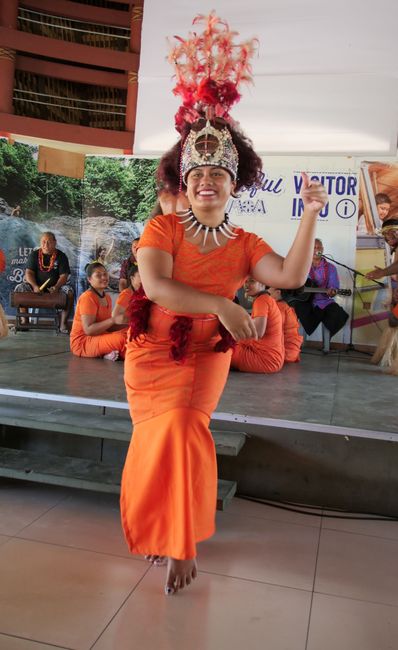
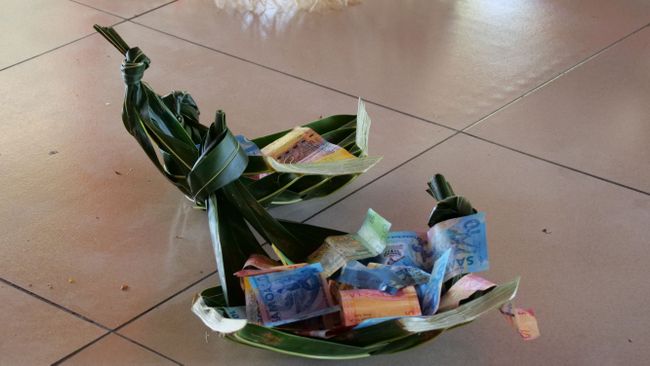
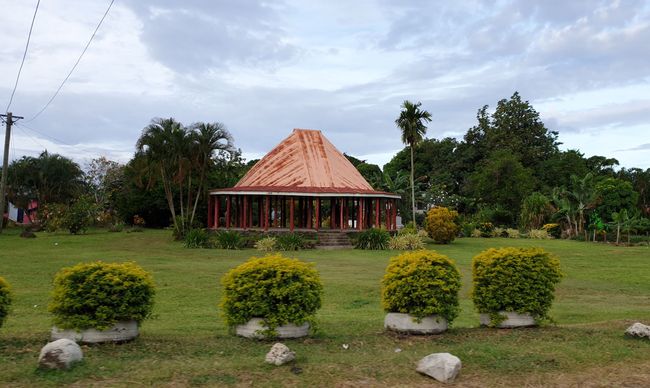
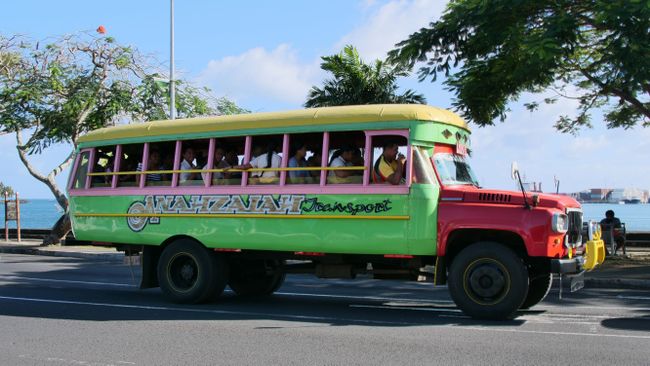
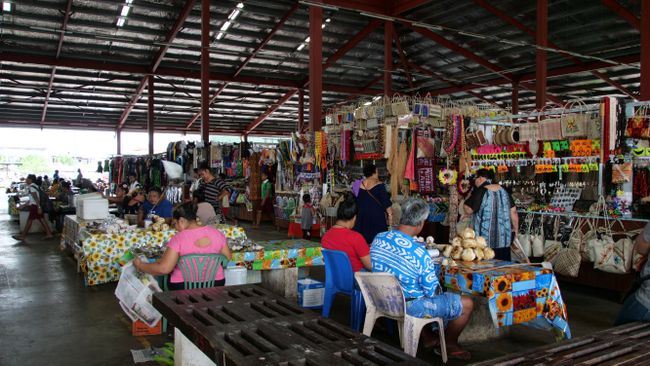
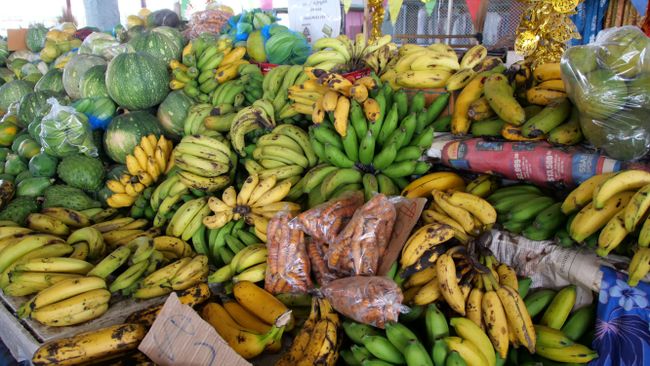
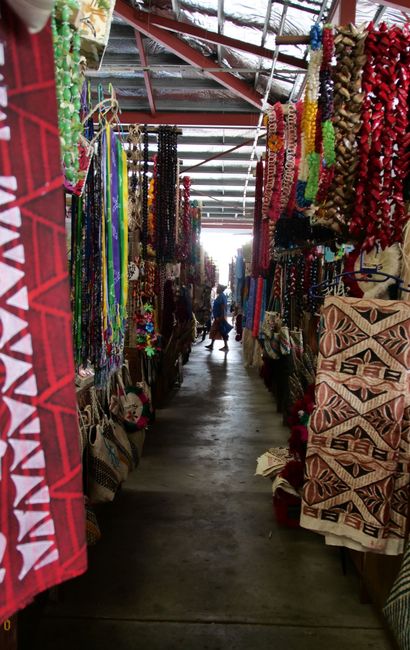
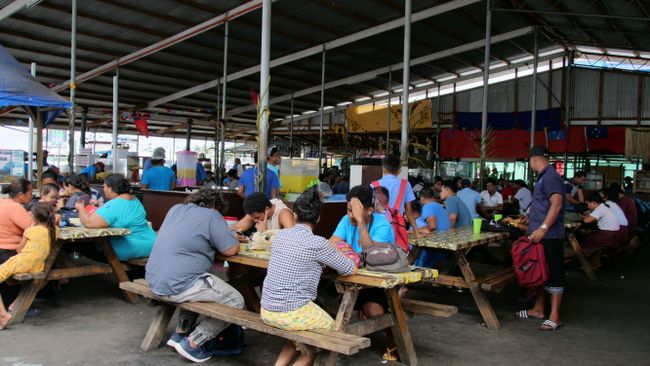
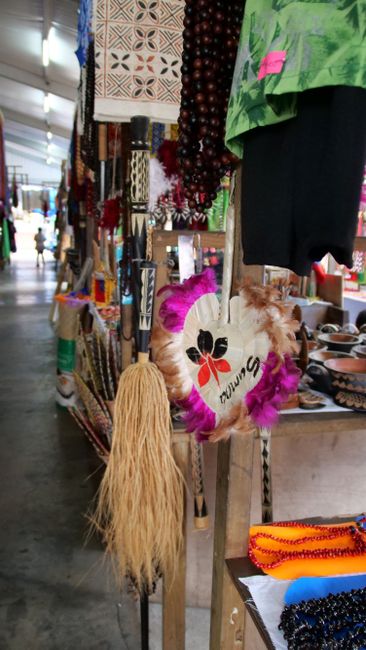
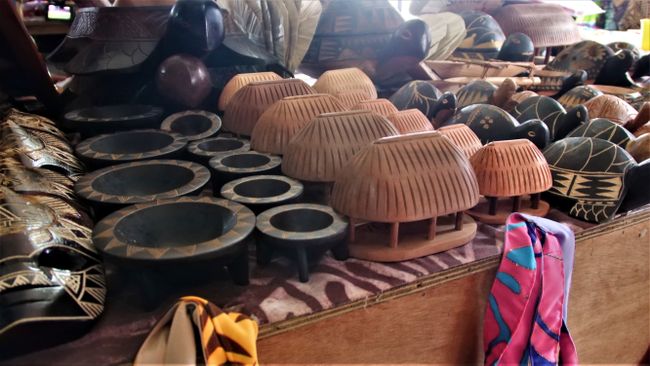
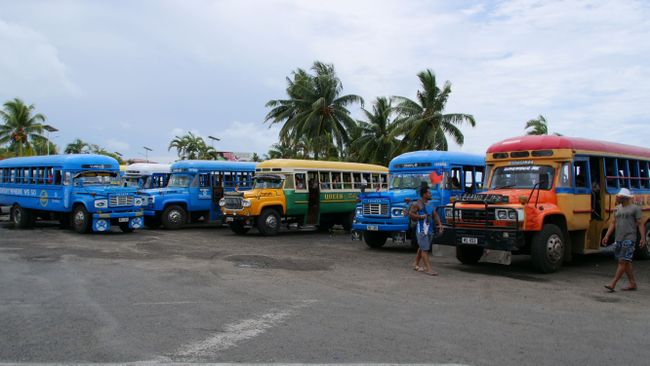
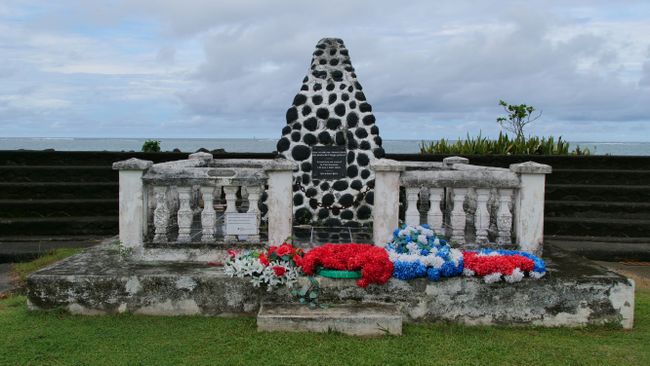
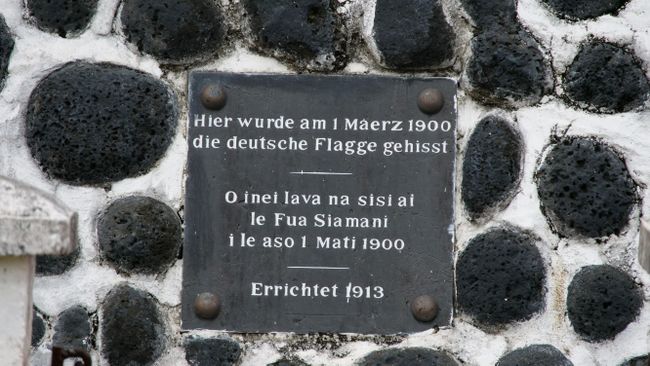
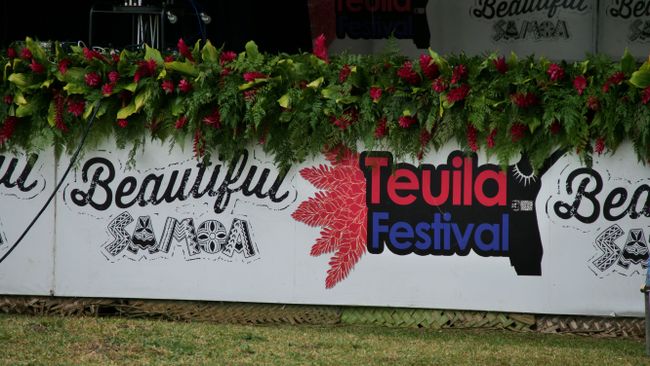
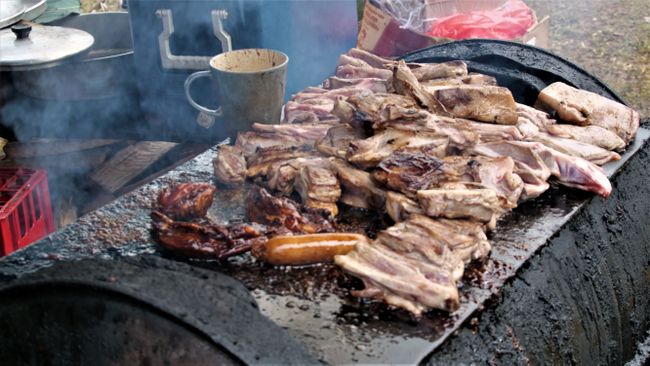
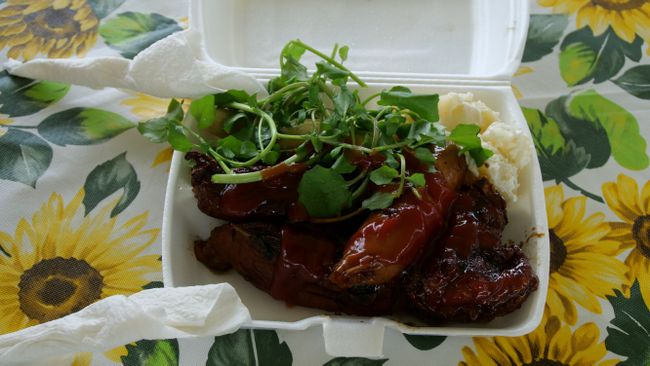
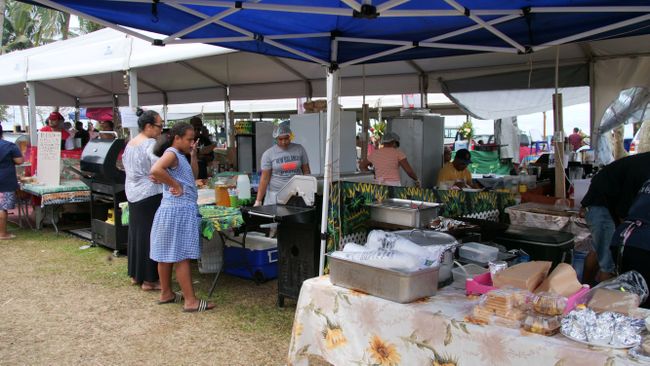
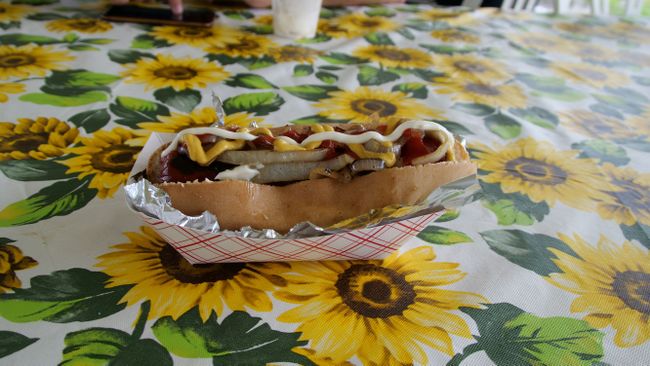
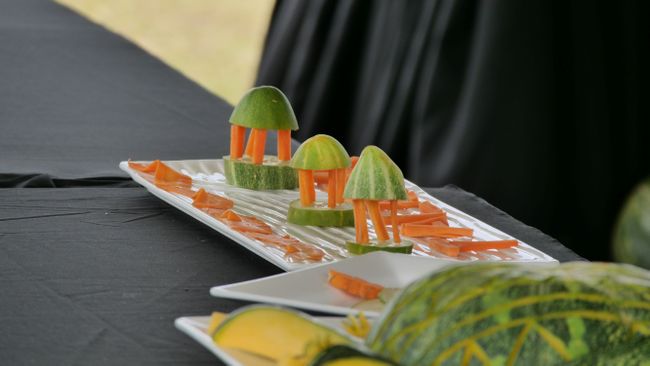
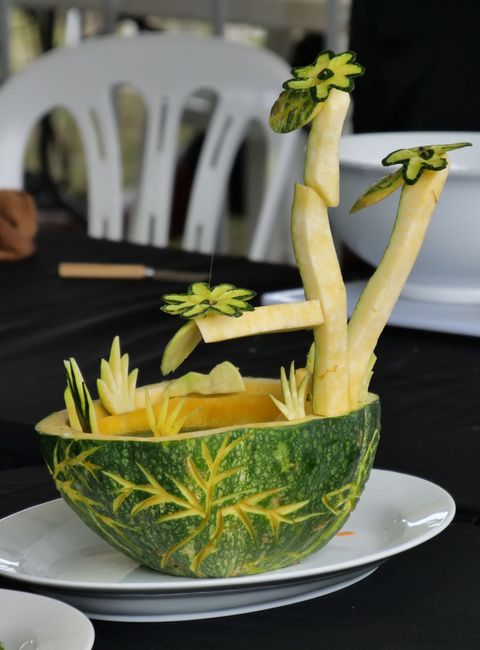
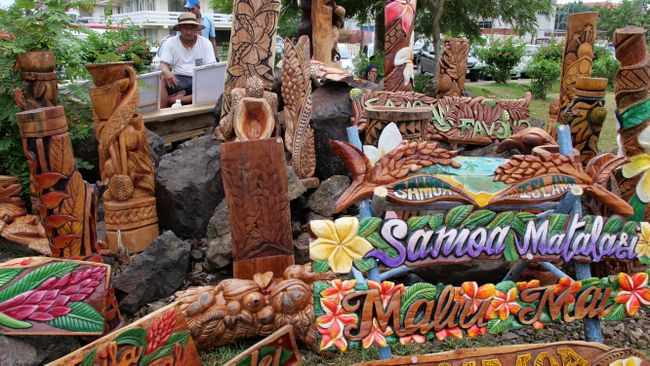
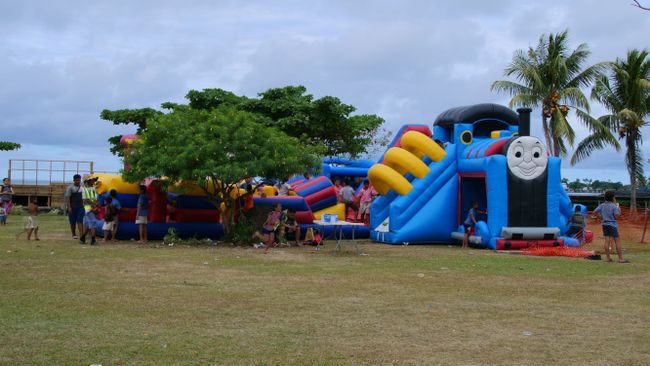
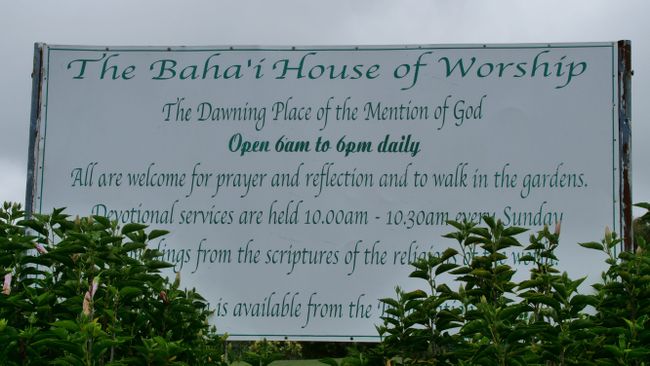
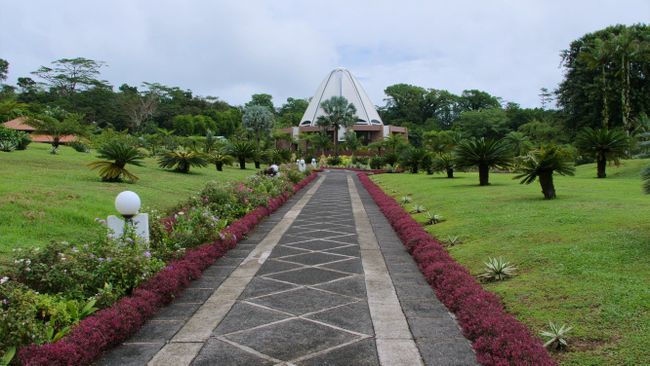
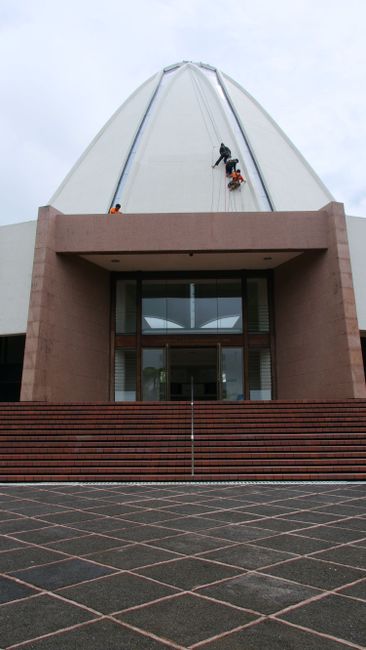
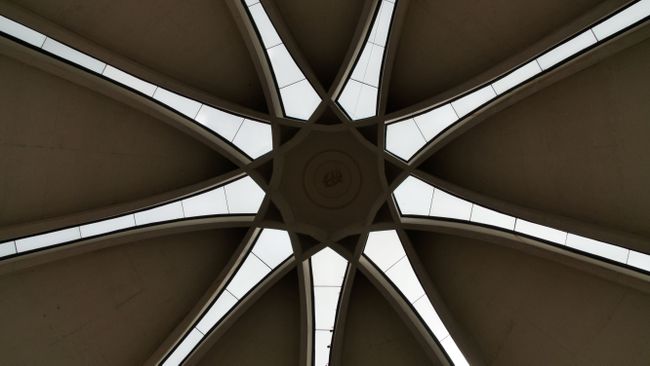
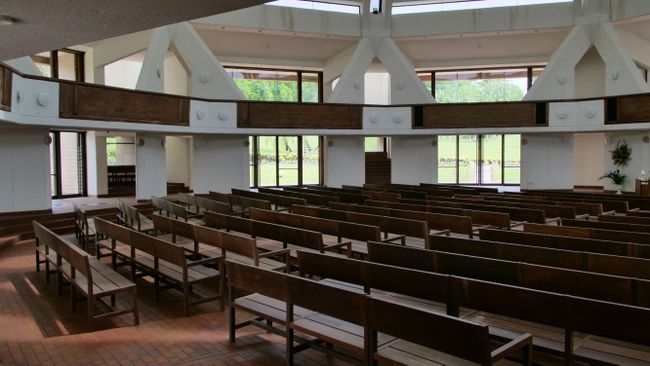
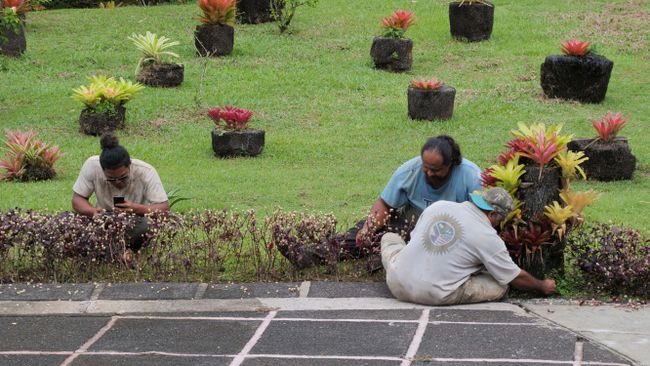
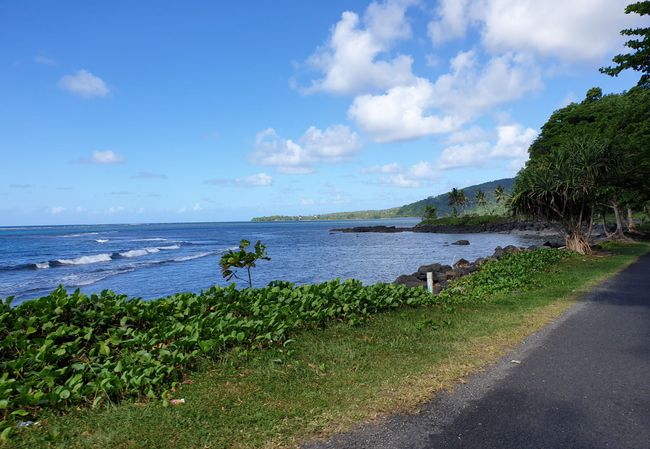
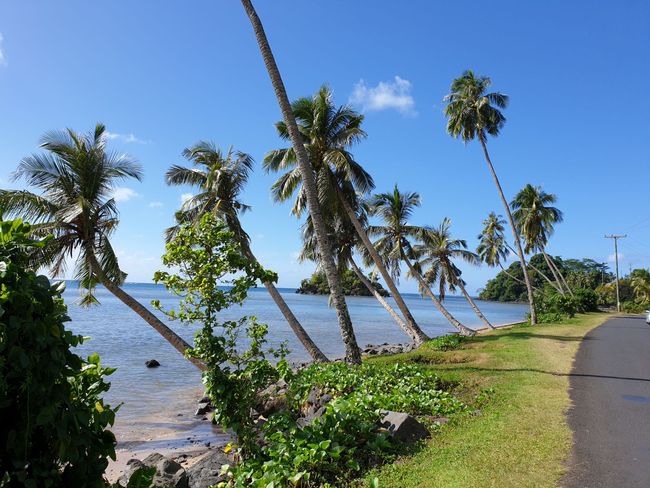
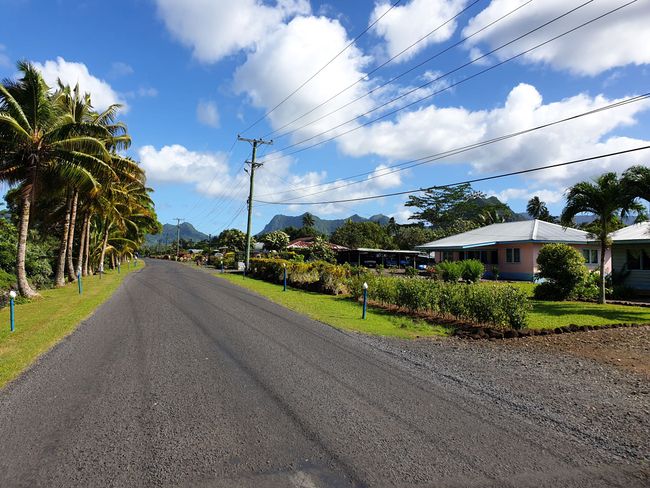
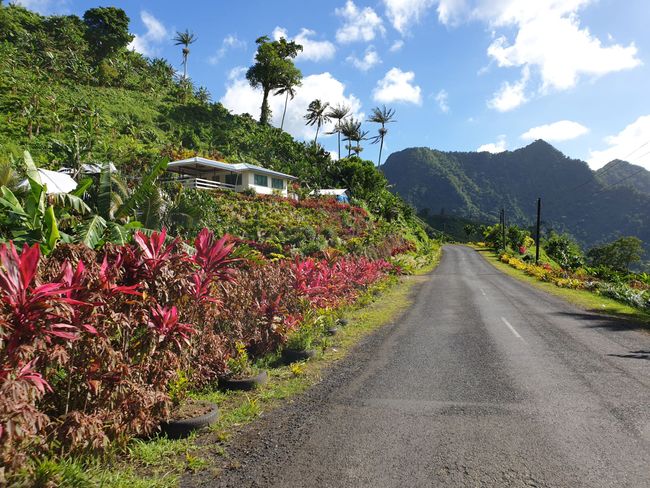
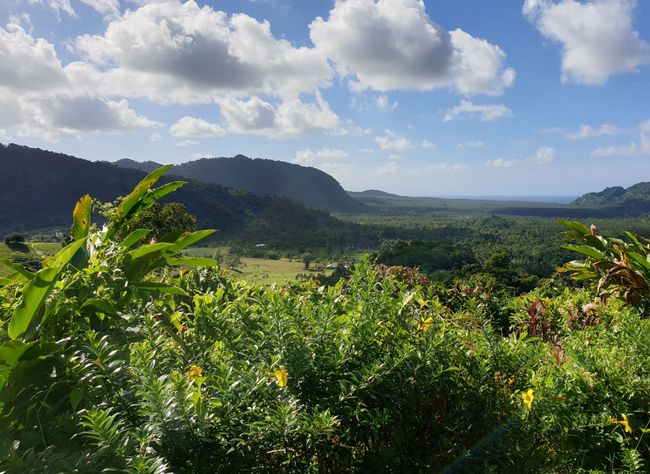
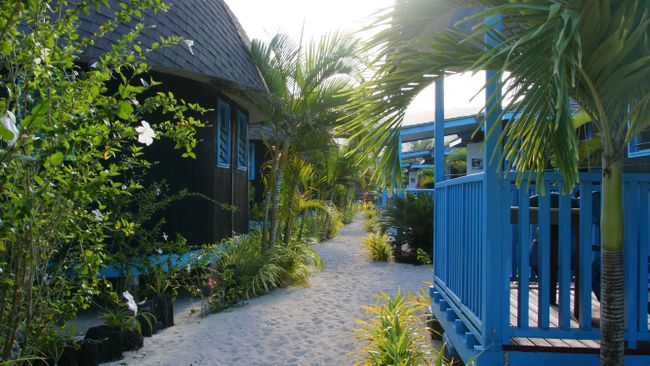
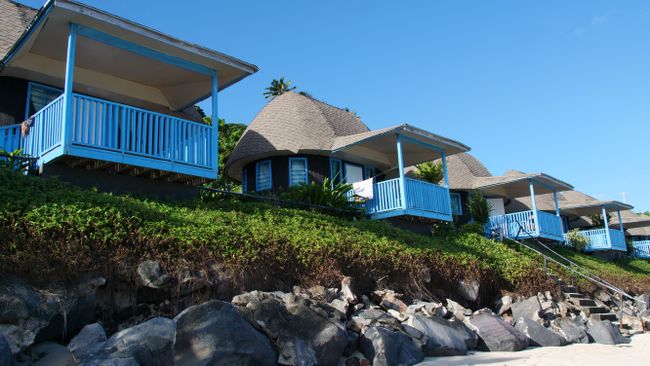
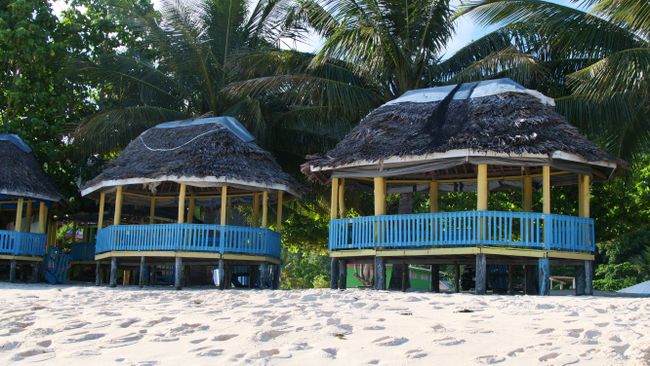
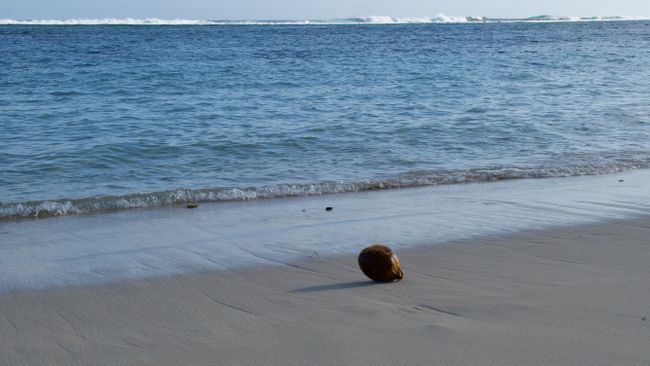
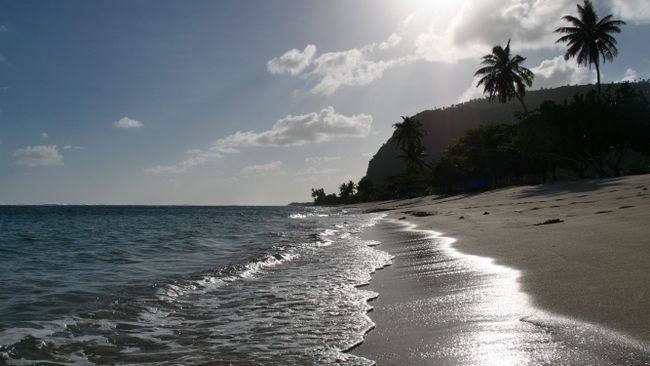
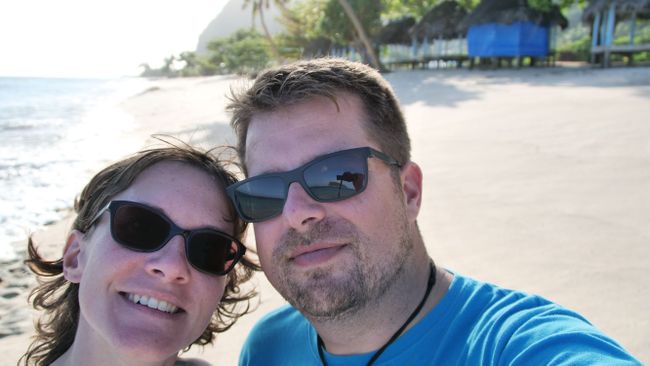
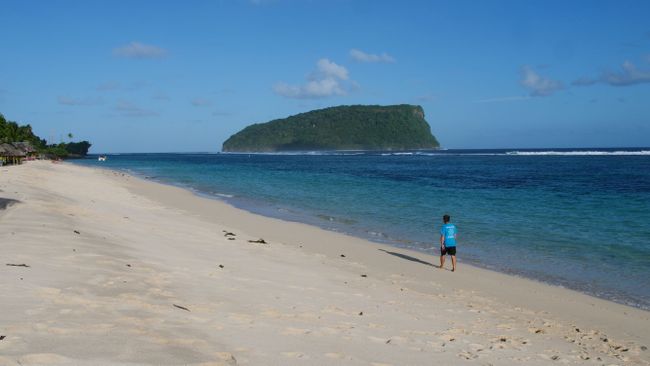
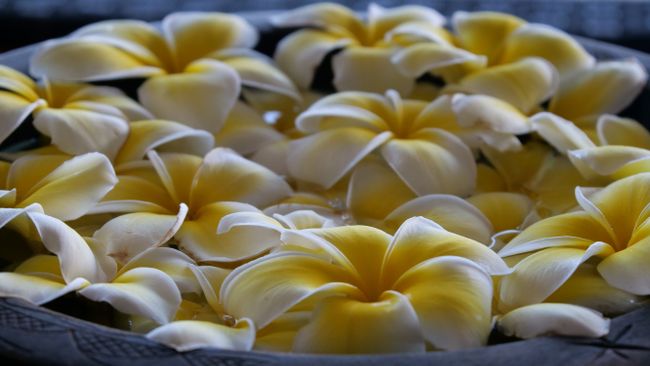
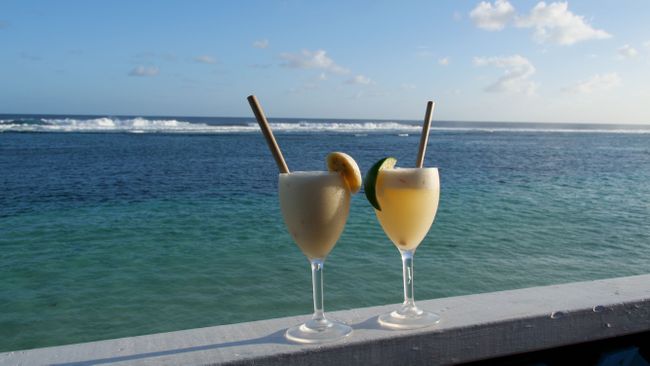
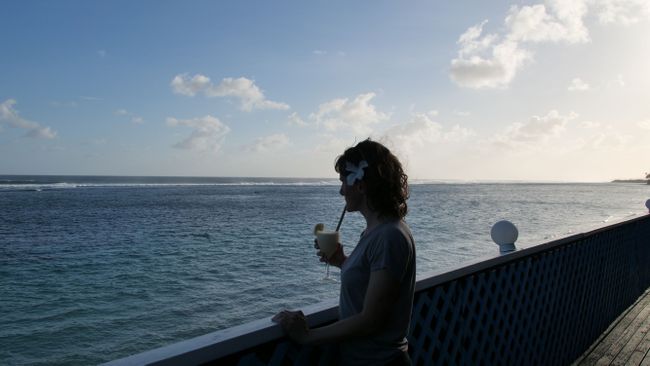
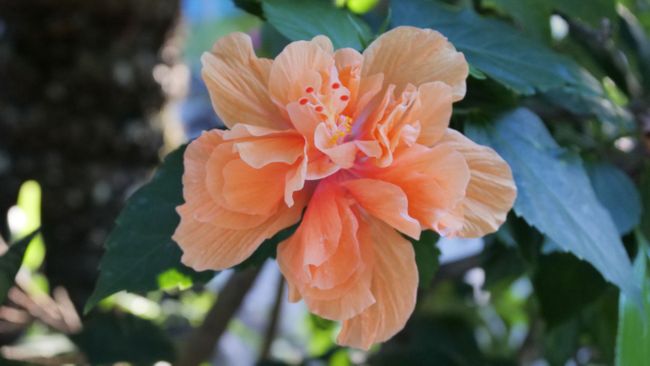
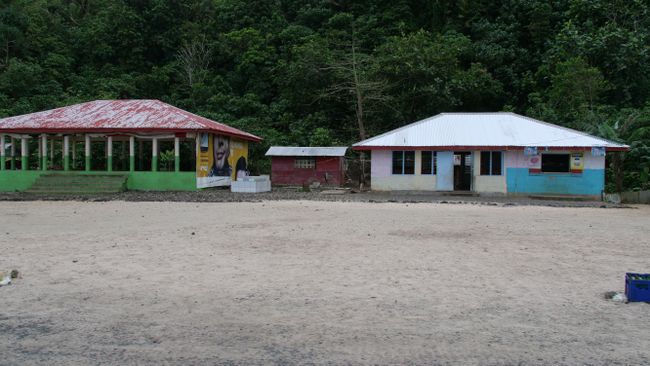
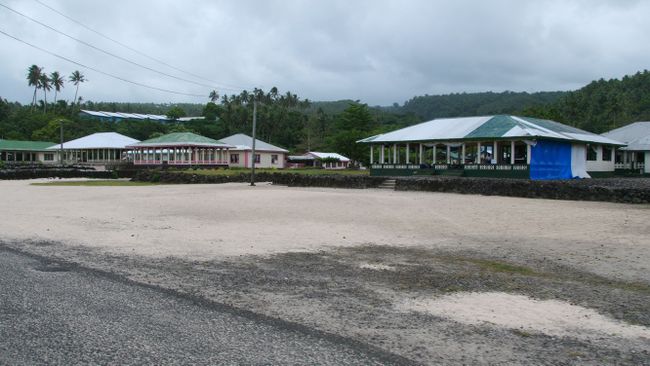
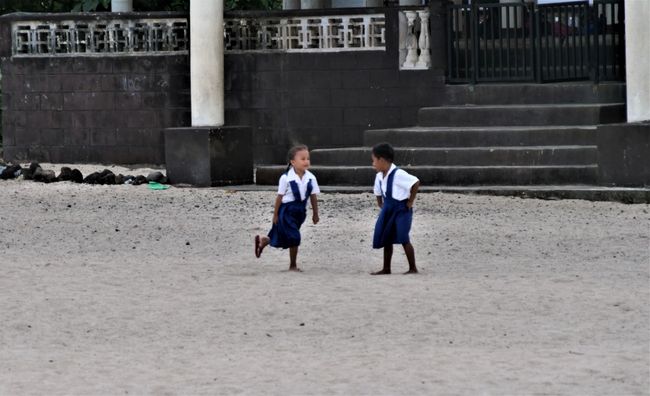
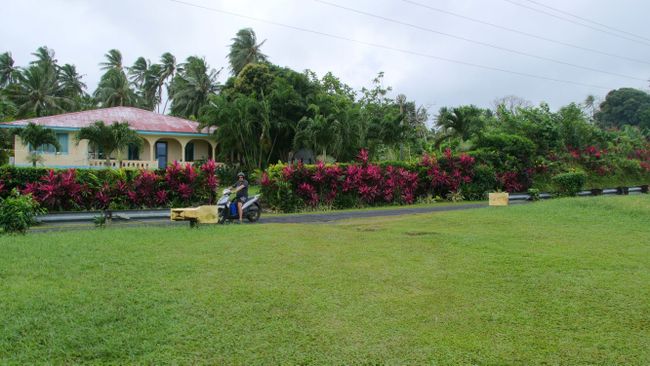
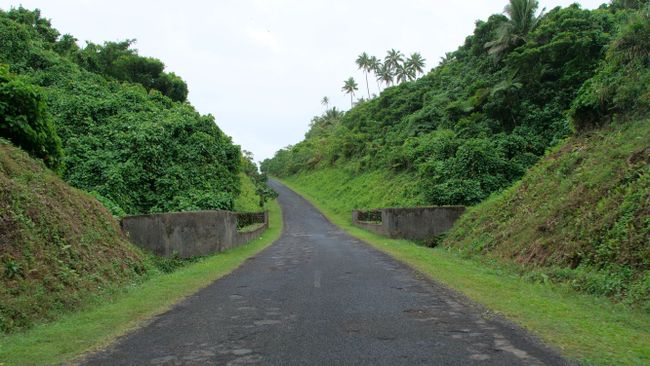
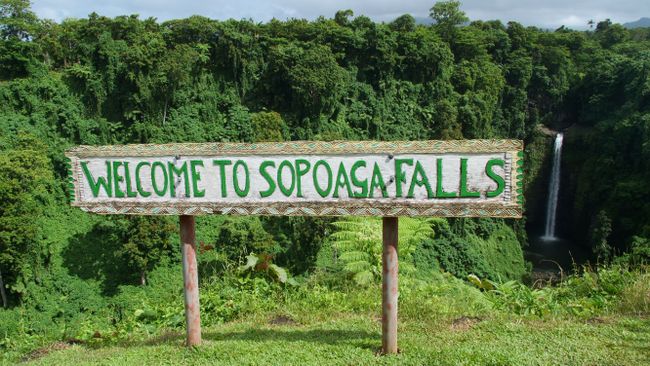
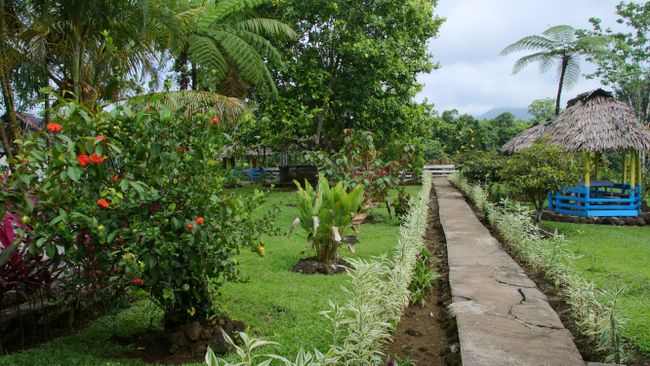
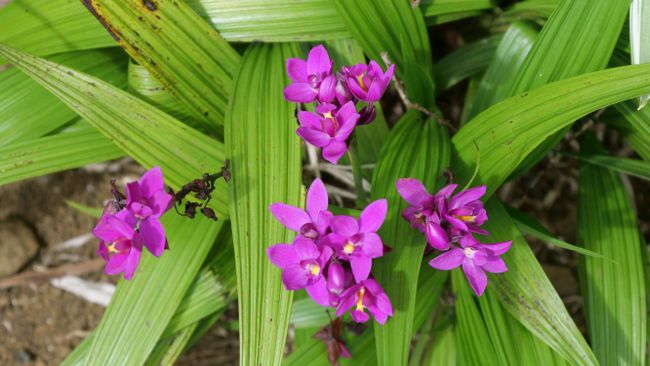
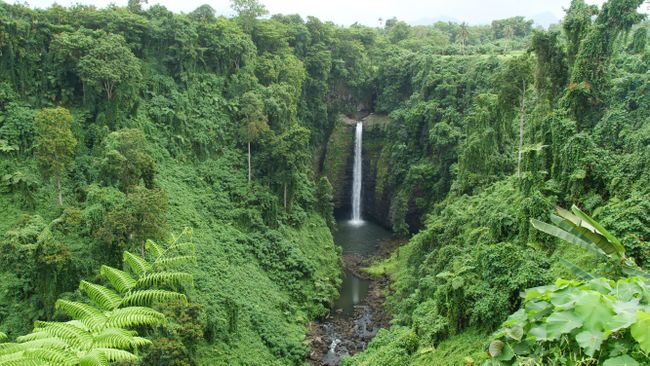
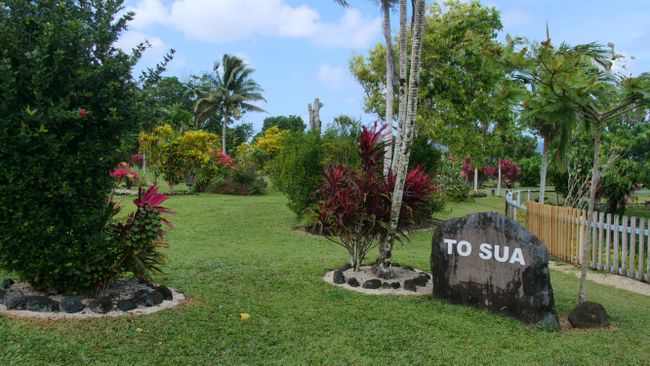
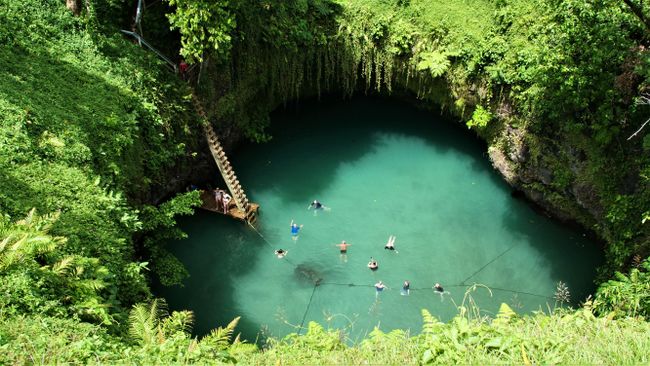
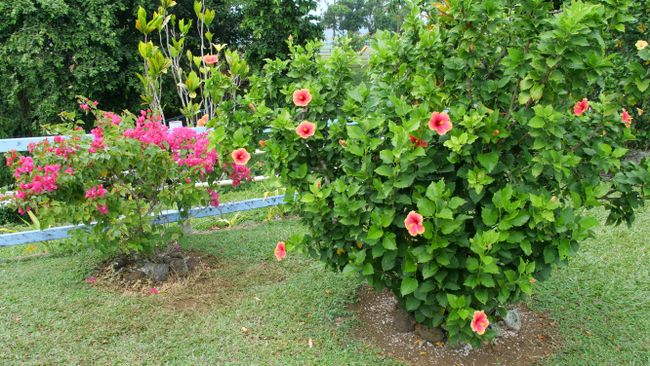
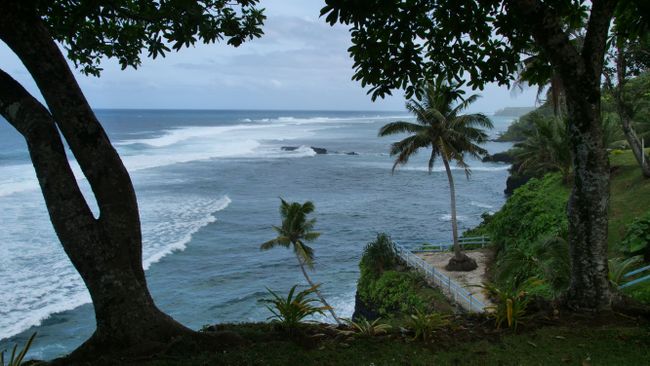
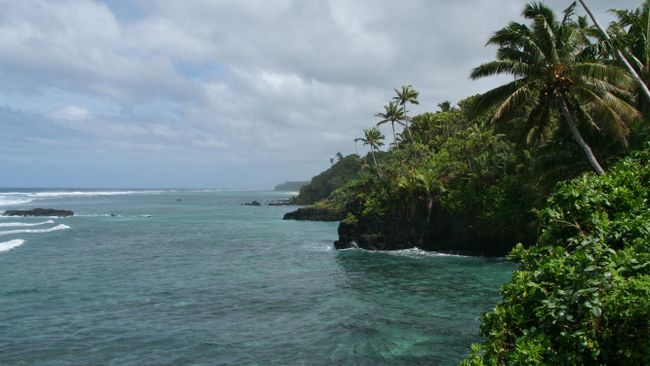
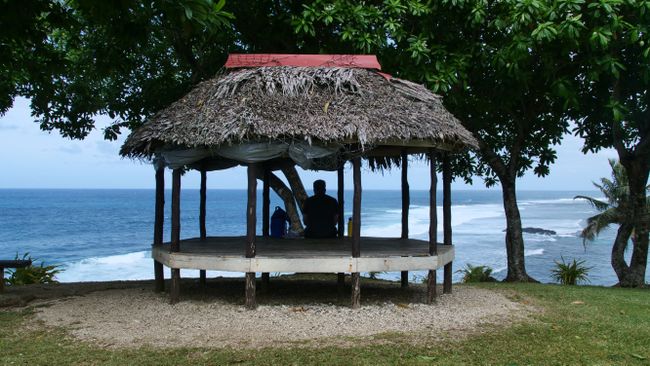
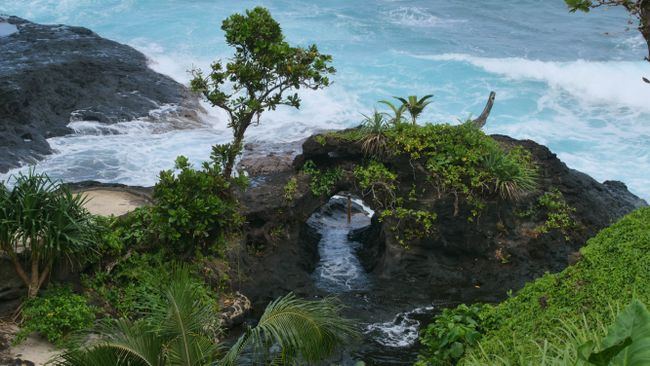
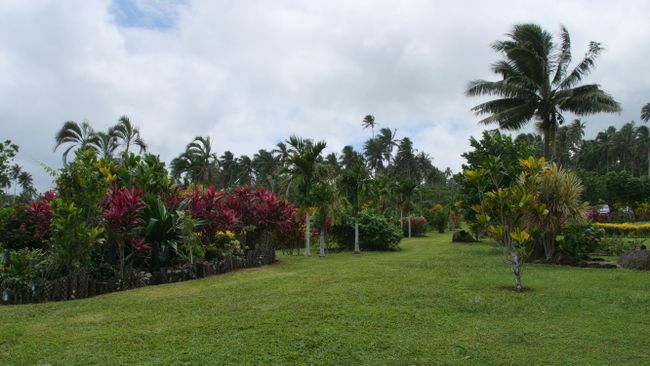
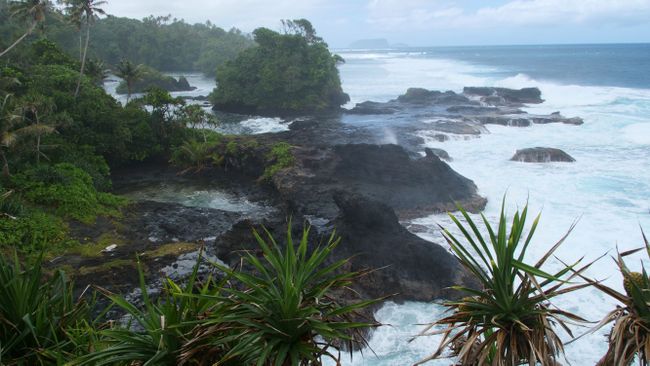
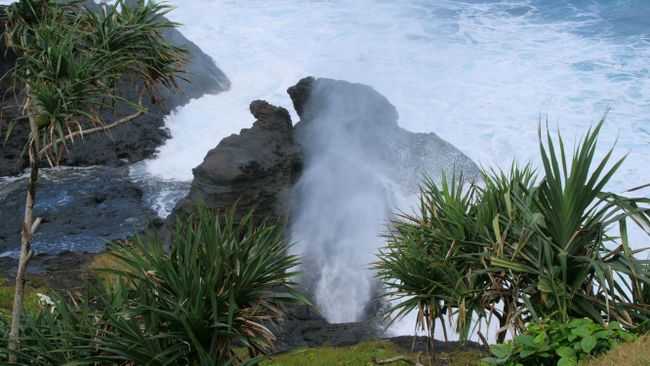
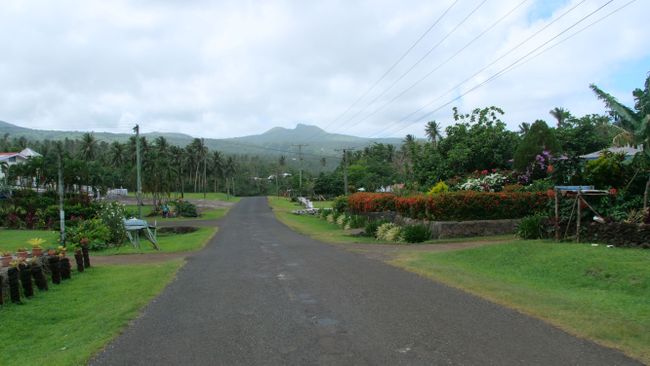
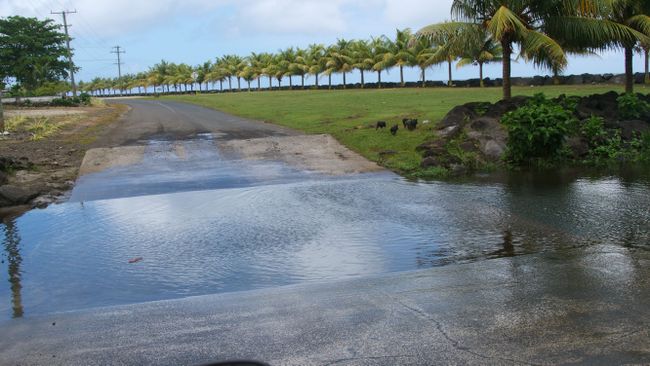
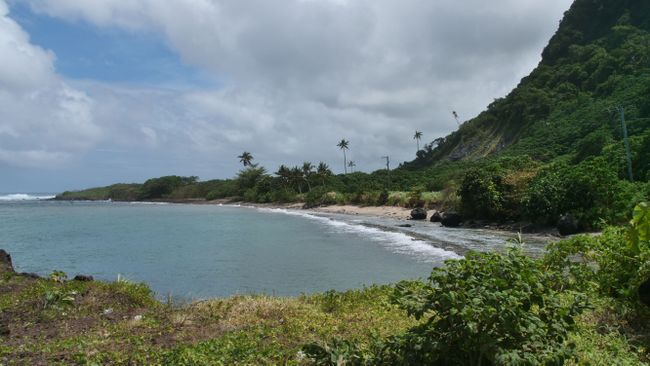
ንዜና ሳብስክራይብ ግበሩ
Malo Sa'oloto Tuto'atasi o Sāmoa - that's how Samoa is called in Samoan. We reach our final destination in the South Seas. The island state in Polynesia consists of the Western Samoa Islands. Only about 35 kilometers separate the islands from the international date line, so the Samoans are the first ones to start a new day.
We landed in Apia on the island of Upolu. Already on the drive from the airport to our accommodation, we noticed that Samoa is very different from other Pacific states. Everything seems orderly, there is no litter on the roadside, in the gardens of the houses colorful flowers and green plants grow, the lawn is neatly trimmed and no junk vehicles or the like are piled up. Very appealing indeed. We rented a scooter so that we could explore the island flexibly. We took a bus from our accommodation to the rental station. Not just any bus, a very colorful one with loud music, so we could no longer understand our own words. Typical Samoan. The buses are made of wood and depending on the bus driver's preference they play different music styles, sometimes loud or soft. We spent the first and last night in Apia and visited the sights of the largest - and capital of the country. We started with the Cultural Village. The traditional way of life of the islanders was very authentically presented to us here. Employees showed us how to open a coconut and squeeze the milk out of the flesh. We then continued to woodworking and papermaking from bark. The best part: we could try fish and sweet potato, cooked in an earth oven, wrapped in a banana leaf and enjoyed a dance performance. It was a really great experience and no entrance fee was charged. The cultural center is kept alive and constantly expanded by the donations of the visitors. Of course, we also visited the market again, or rather both markets of the city. There is a big market where you can buy fruit, vegetables, clothes, and handicrafts, and a second one, the so-called flea market. We could not really find a difference, only that the flea market is slightly smaller and is located directly at the bus station. The bus station itself is also very worth seeing with its many colorful buses. We then went to the German Flag Memorial. Samoa was a German colony from 1900 to 1914. Even today, there are many descendants with German names in the telephone directory. What the residents still benefit from today is the ban on selling land that the Germans imposed back then and which still applies today. About 80% of the country is owned by the community, so each resident has enough living space. Coincidentally, the Teuila Festival was taking place in Apia. We also made a stop here, strolled through the green space, ate delicious food and observed the locals, as we hardly saw any tourists here. Just outside the city, we visited the House of Worship. It is the prayer house of the Bahai and a place of reflection for followers of all religions. The religion is still very young and has around 8 million followers worldwide. So far, there are only 7 "Houses of Worship", one on each continent. The building is nestled in a large, beautifully landscaped garden and with its 9 glass doors, it is an extraordinary place of worship. In the south of the island, there are the most beautiful sandy beaches. So we booked two nights at a beach accommodation with our own fale. This is a traditional meeting and living house that has no walls and is built on stilts. From Apia, we drove along the coast to the southeast tip to Lalomanu. We passed through villages decorated with colorful garlands, past beaches and into the interior of the country. Here, the landscape is very green, there are pastures for cows and horses and various cultivation areas. When we arrived, we really experienced a great South Sea beach and stayed in a more modern fale with walls ;-). Here, we visited one of the many waterfalls on the island. The Sopoaga Waterfall drops 45 meters into a very green gorge. We then went to the Sua Ocean Trench. This is a volcanic crater filled with water, connected to the sea by a lava tunnel and dependent on the tides and the sea's waves. Again, a beautiful garden has been created around it and from here we enjoyed great views of the rugged coastline and the wild sea.
Samoa really gave us a nice ending in the South Seas.
ንዜና ሳብስክራይብ ግበሩ
መልሲ (2)
Günter
sieht sehr aufgeräumt ausBenjamin
Ehemalige deutsche Kolonie eben :)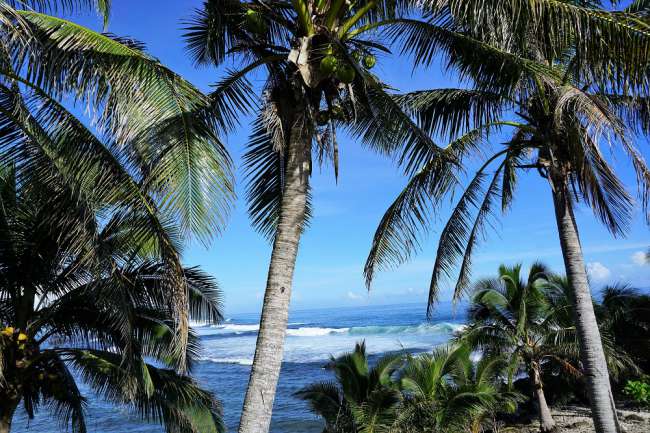
ጸብጻባት ጉዕዞ ሳሞኣ
